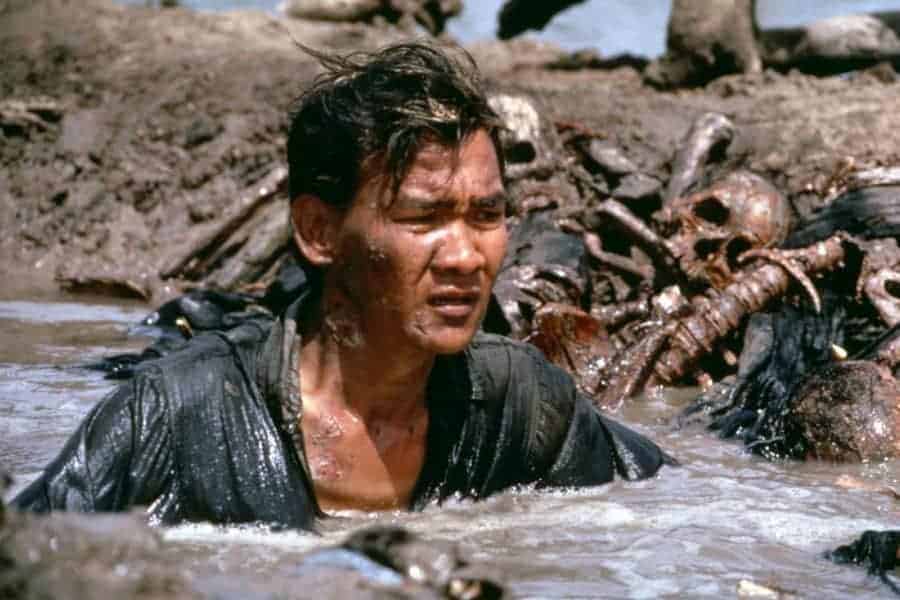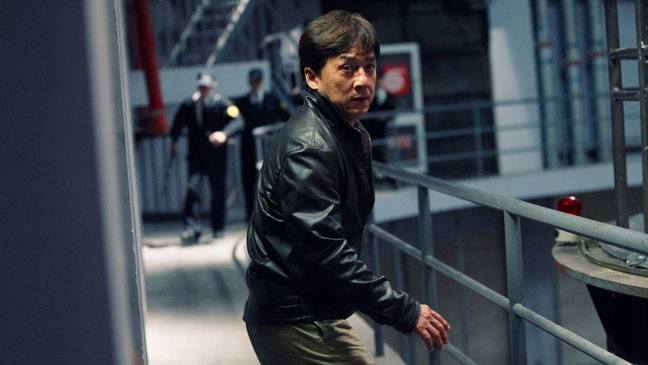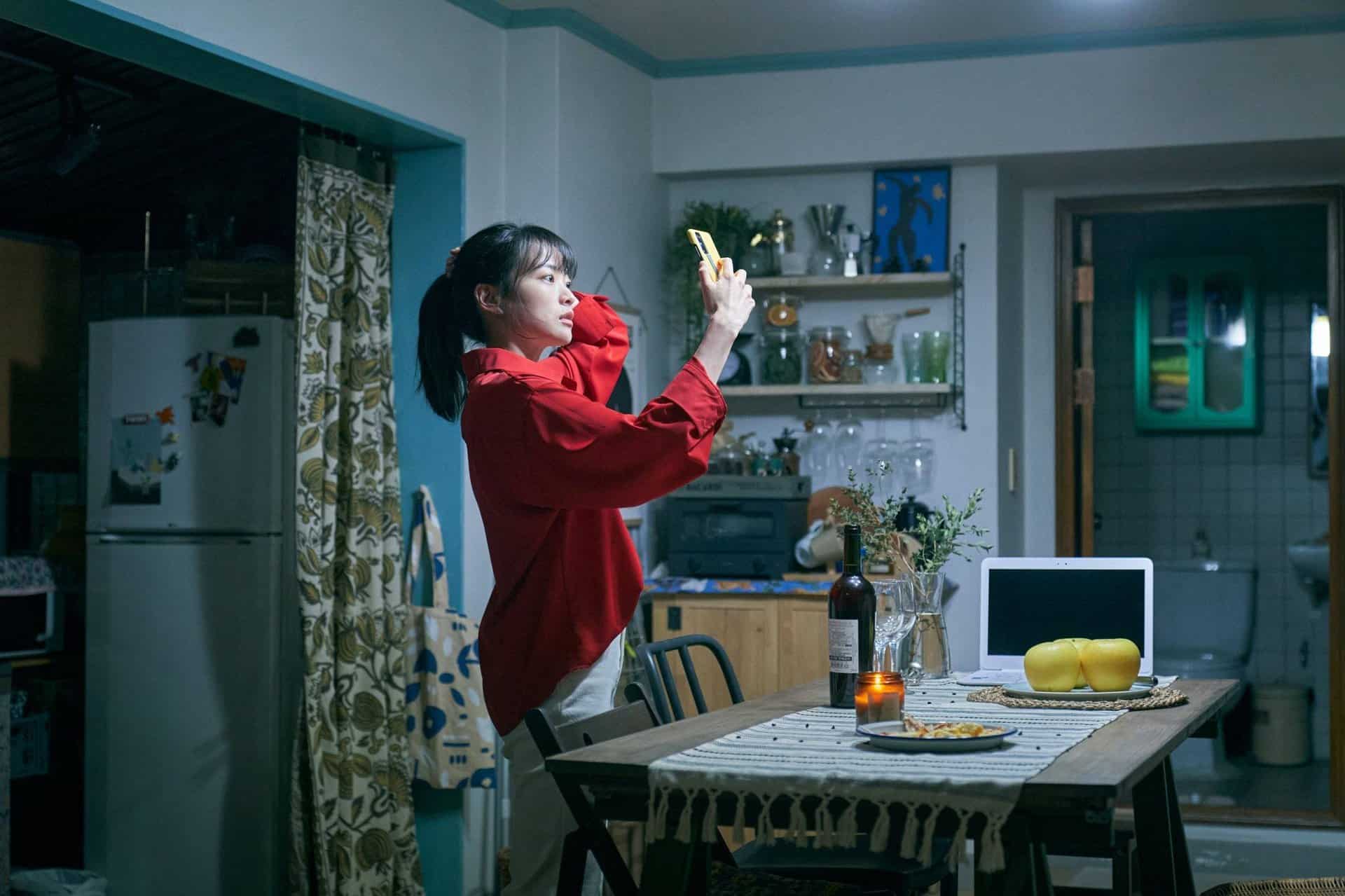11. Film Review: September 1923 (2023) by Tatsuya Mori
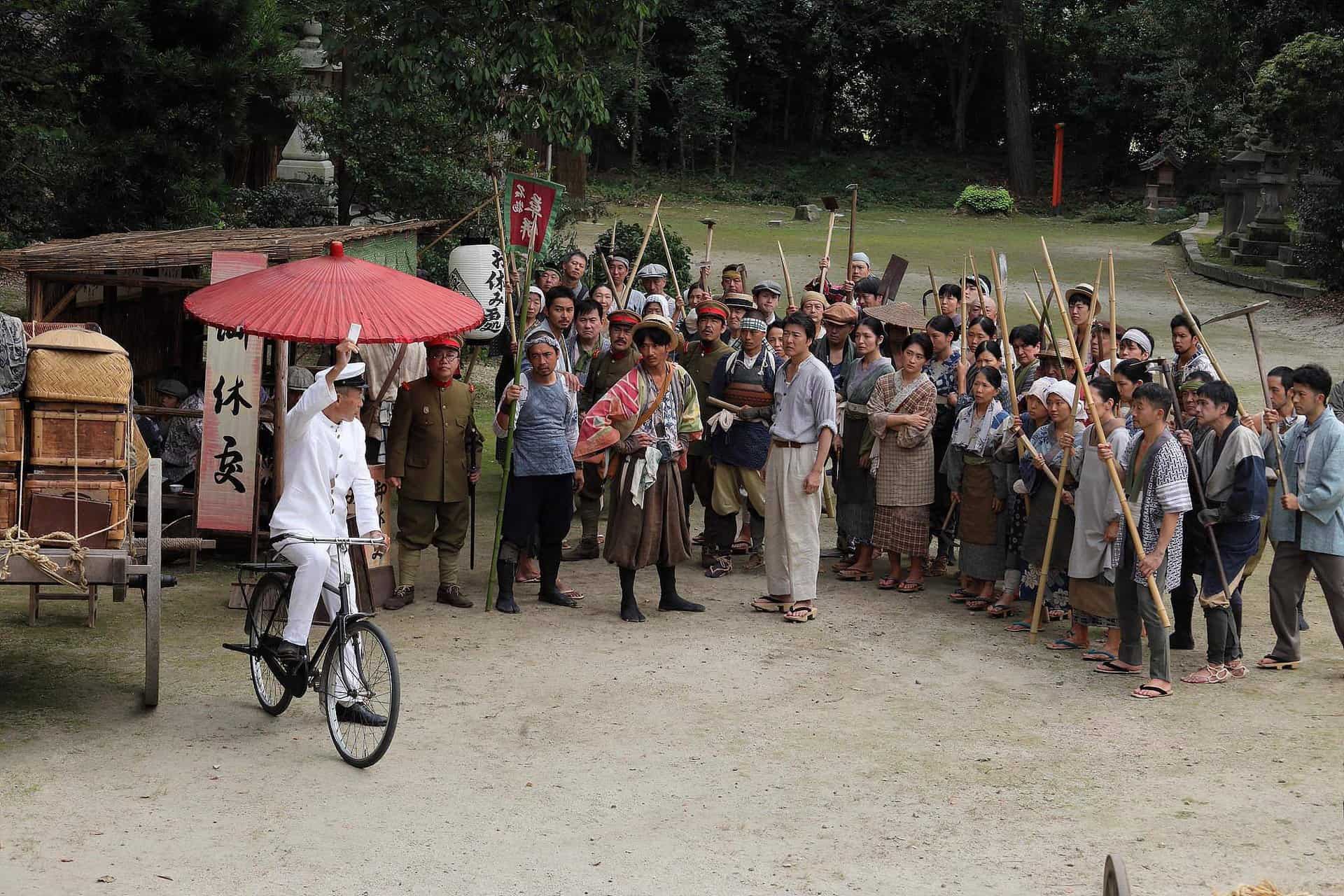
Apart from that, however, “September 1923” includes a number of traits. For starters, the way racism creeps into the minds of people is presented in the most impactful way, showing how the authorities, with the help of the media, nurtured the feeling of uncertainty of the locals, directing it against the enemies they wanted, which actually included socialists apart from Koreans. The way simple, peaceful people turn into a violent mob is probably the most shocking aspect of the narrative, in a comment, that, apart from propaganda, also touches the most basic instincts of humanity, which here, is presented in the darkest colors.
12. Interview: Tatsuya Mori
13. Film Review: Beyond the Fog (2023) by Daichi Murase
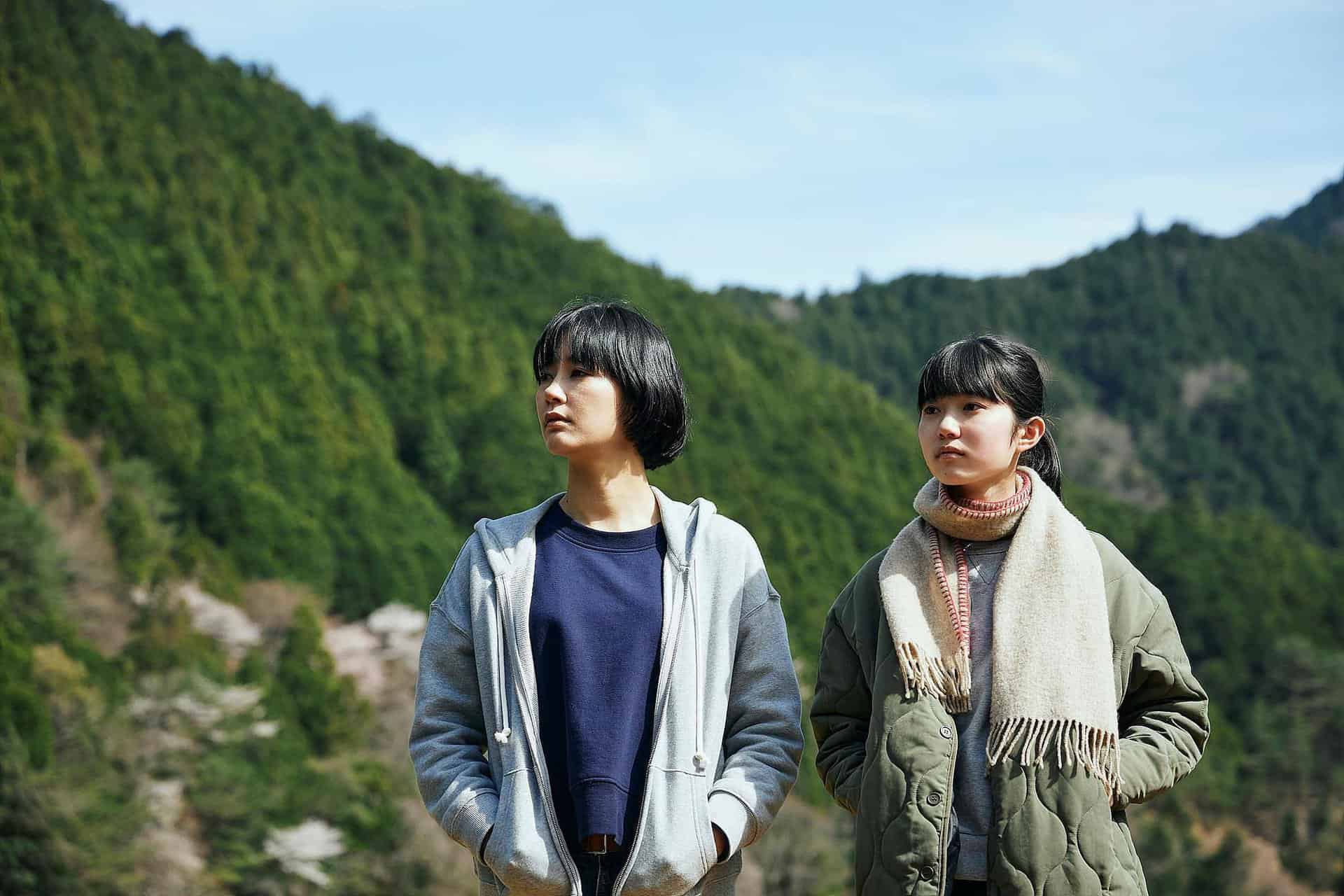
Through a very gentle approach, Daichi Murase shows how everyday life in secluded locations is and how it is essentially declining due to intense urbanization. Within this setting, he also places two additional and rather interesting aspects within the narrative, with Saki's life and fate and Ihika's coming of age providing the other two main themes here. Particularly the first, even if it is somewhat placed in the background, is quite intriguing to watch, with Saki showing how she has ended up with a life and choices she was not not exactly going for, with the responsibilities essentially of a whole family lying on her shoulders. Expectedly, Ihika is also affected by the situation, on a whole other level, though, since hers is more an effort to understand the decisions of the grown ups than make them herself.
14. Interview: Daichi Murase and Aiko Yoshioka
15. Film Review: Sara (2023) by Ismail Basbeth

All the elements to shoot a truly polemic film about the rights of LGBT in a Muslim country were there, but Ismail Basbeth chose a calmer, and essentially more realistic approach. The ways he managed to do that are as interesting as they are intelligent. The first is the whole situation with Sara's parents. The friction that could have taken over the narrative with them is nowhere to be found since the father is dead and the mother senile, with the approach actually adding to the drama here. Furthermore, even when the locals ask her not to appear in the mosque considering her situation, they do so politely and quietly, essentially asking instead of demanding, in an approach that also moves towards the same direction. Lastly, that Sara decides to focus on taking care of her mother instead of fighting for her rights as a transgender, concludes this approach.
16. Interview: Ismail Basbeth
17. Film Review: 24 Hours with Gaspar (2023) by Yosep Anggi Noen
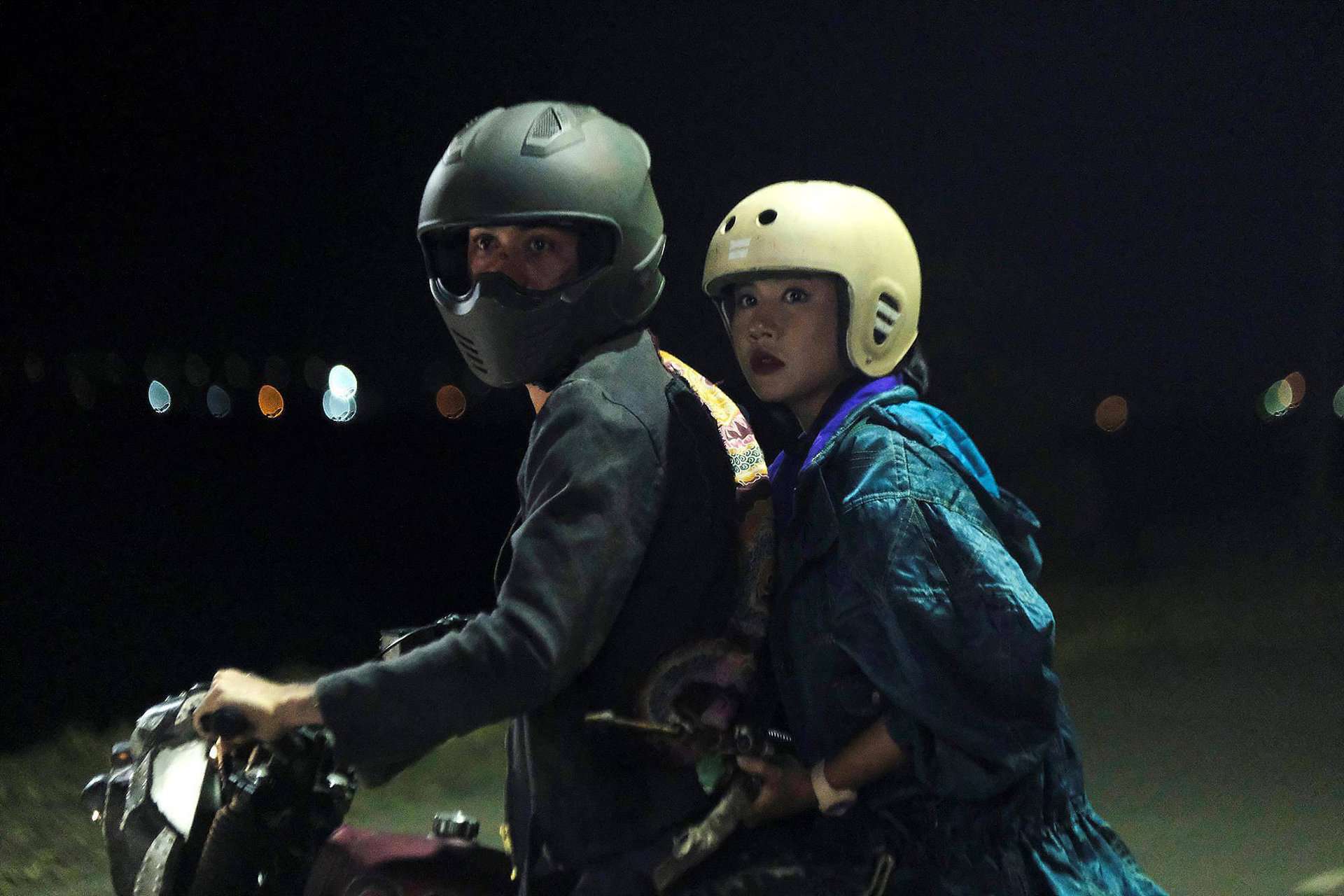
And although the chaos works for a time, also due to the charisma of actors like Reza Rahadian, Shenina Cinnamon (in a rather unusual techno-punk appearance) and Laura Basuki, the sense of measure definitely becomes lost after a point, with the film becoming convoluted and overbearing. Probably in an effort to include as many characters and events of the book in the film, Noen went overboard, essentially coming up with a narrative that stops making sense, and a number of characters that are just there to move the story forward. Essentially, one could say that the whole thing would be better suited for a tv series, which was forcefully condensed into 98 minutes here.
18. Film Review: Ali Topan (2023) by Sidharta Tata

The fact that a punk young delinquent with a good heart finds himself in love with the rich girl who is finally introduced to the reality of the people “beneath” her, is a cliche in a number of ways, but the way Sidharta Tata goes about it, is actually the most intriguing part of the movie. Instead of trying to move away from the Shakespearian premises of the story, instead he fully embraces them regarding the way the relationship of the two progresses, enriching them though, with punk music and a number of comments regarding the current Indonesian society.
19. Interview: Wei Shujun
20. Interview: Bianca Balbuena
21. Film Review: The Spark (2023) by Rajesh S. Jala
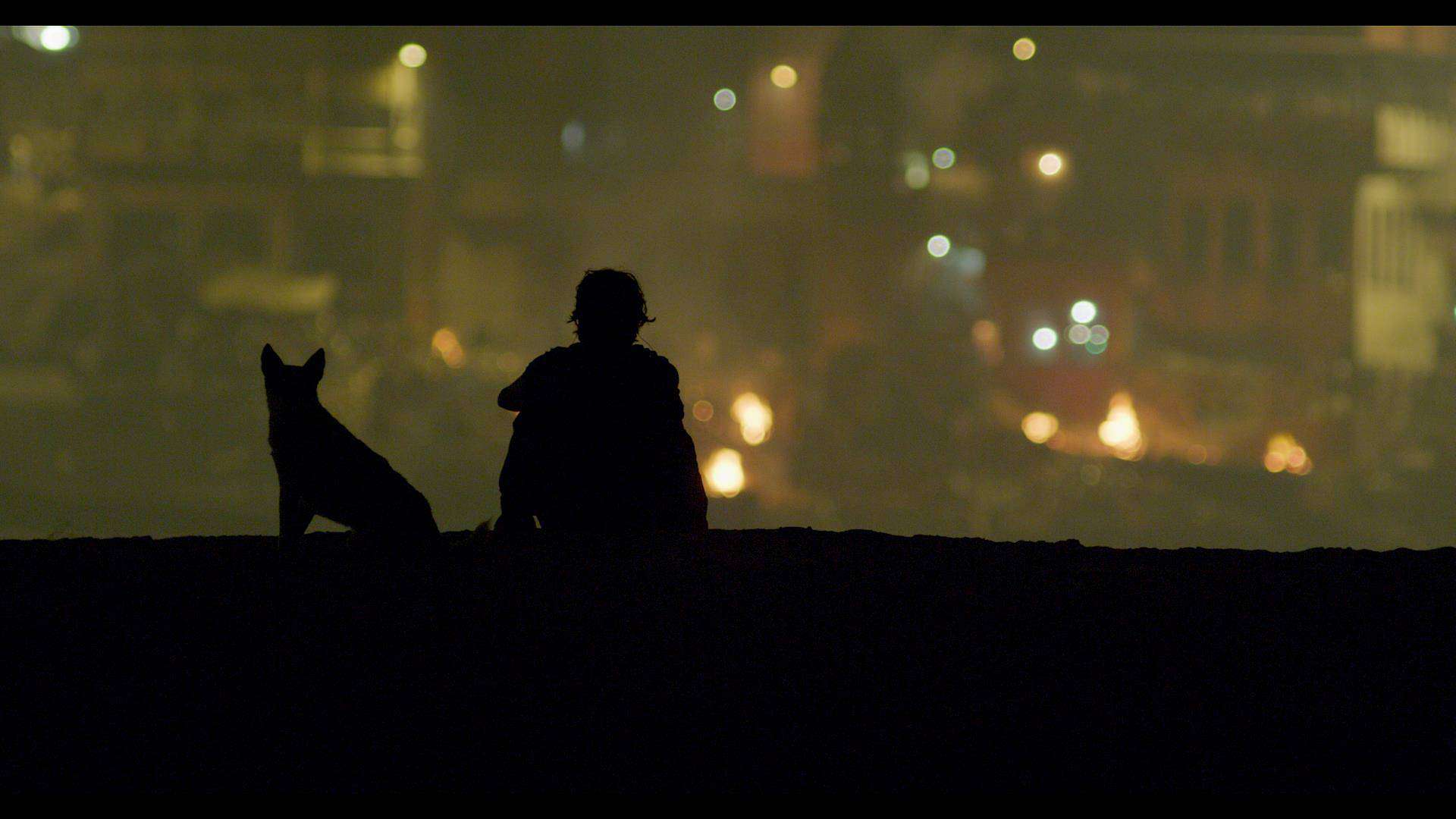
Rajesh S. Jala uses an unusual narrative approach to his film, which is chiefly characterized by its intense duality. In that fashion, the scenes where Kabir is shooting his documentary also appear as an actual documentary in the movie, with him capturing the lives in the human pyres in the area, as much as Amma's life, mostly outside of them. This aspect also moves towards very intriguing visual directions, with the depiction of fires and intense zoom-ins to ants being both rather memorable to watch, and functioning as metaphors about life, death, and the violence that seems to dominate both. Arjun Singh Negi and Jala's own use of handheld cameras, the close-ups and the occasional depiction of what the protagonist is seeing through his camera, give this part its documentary hypostasis, in an approach that can also be characterized as intensely meta.


